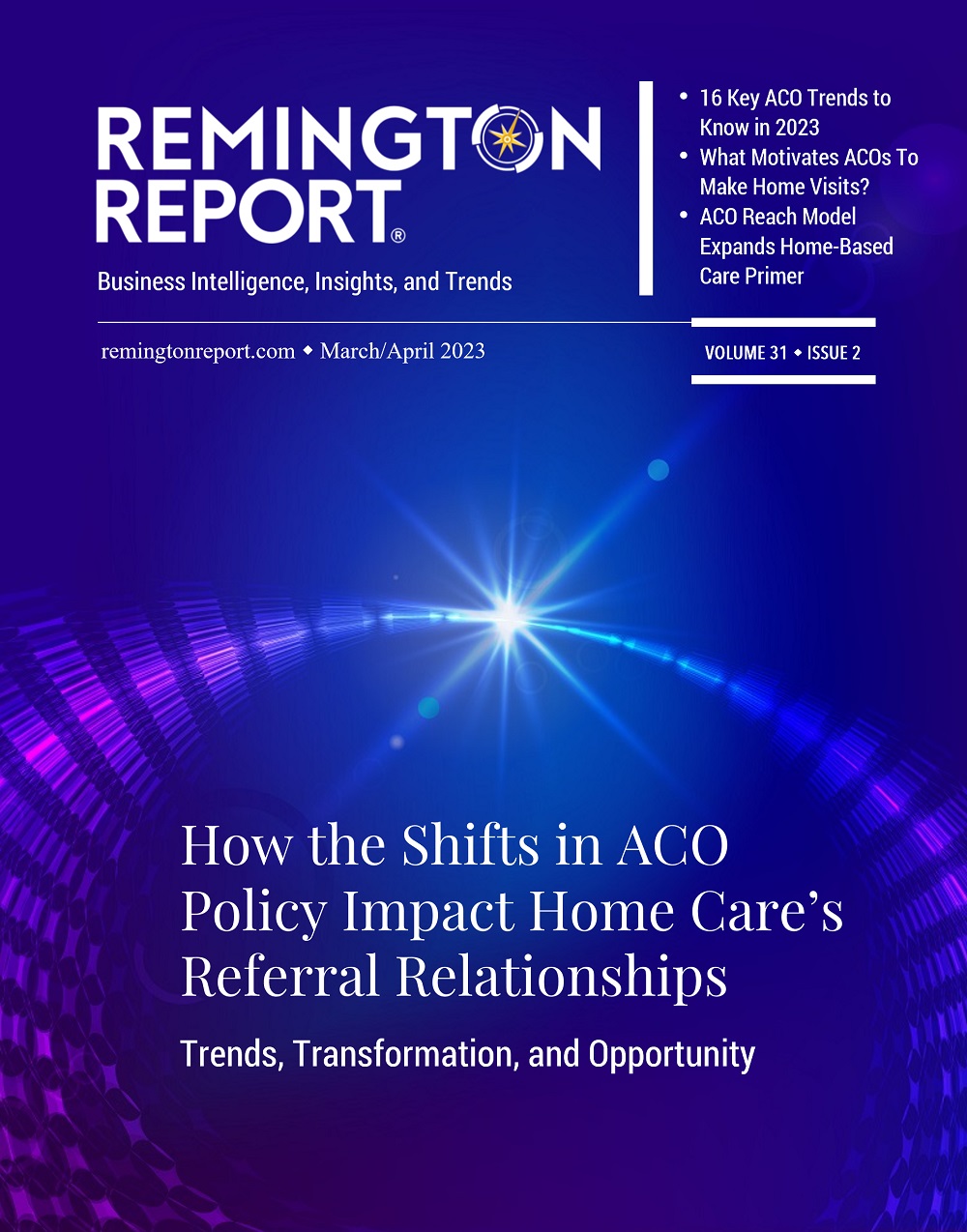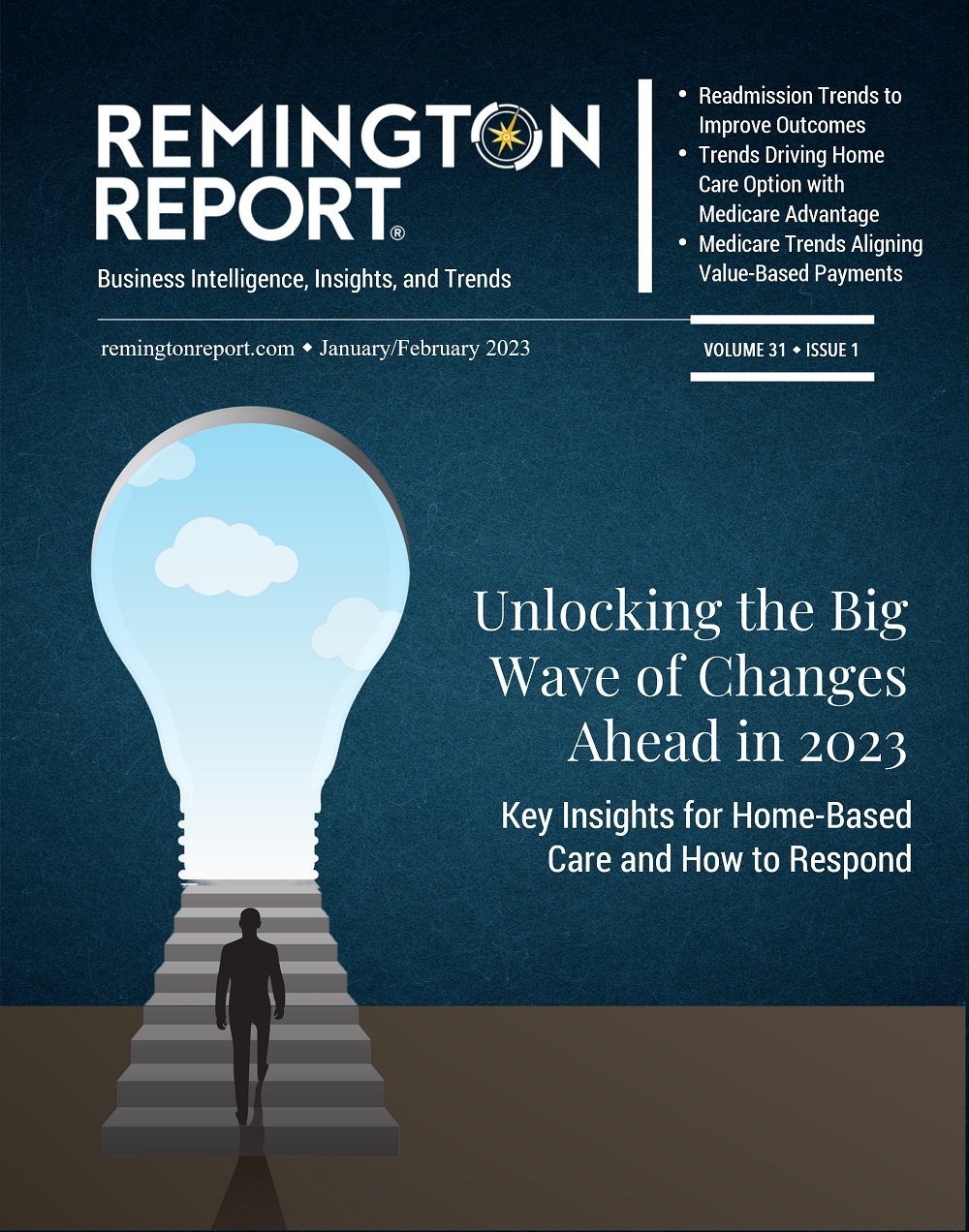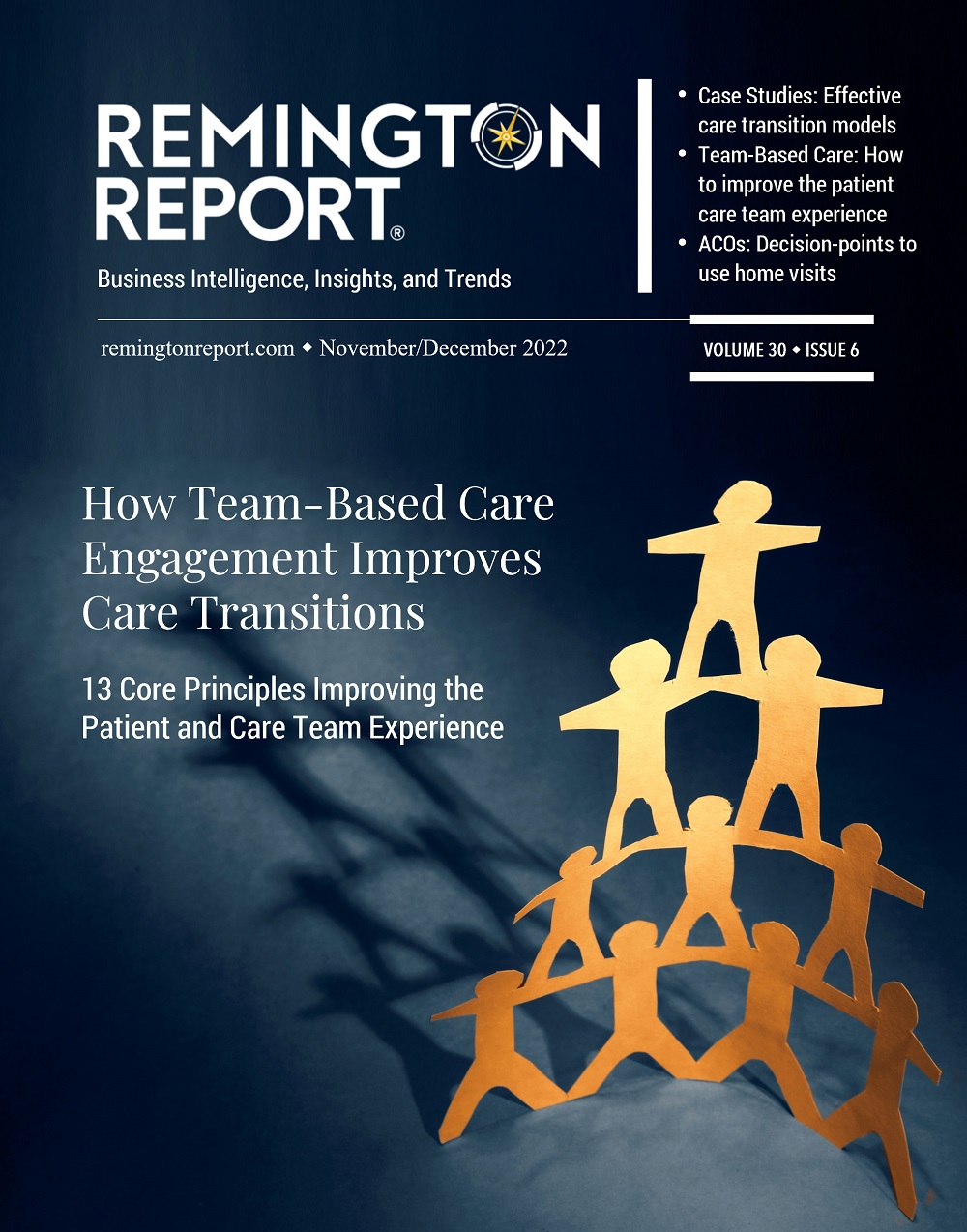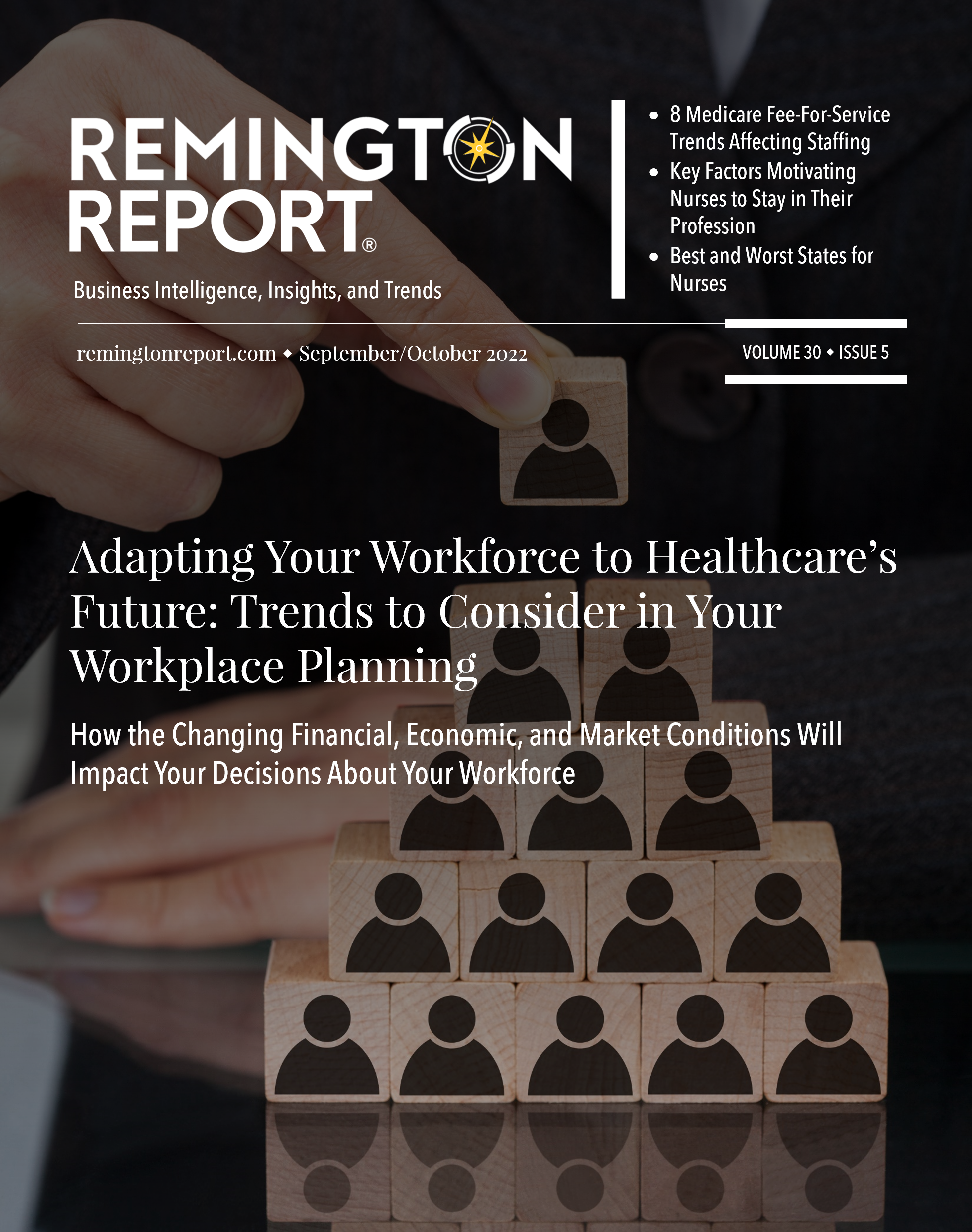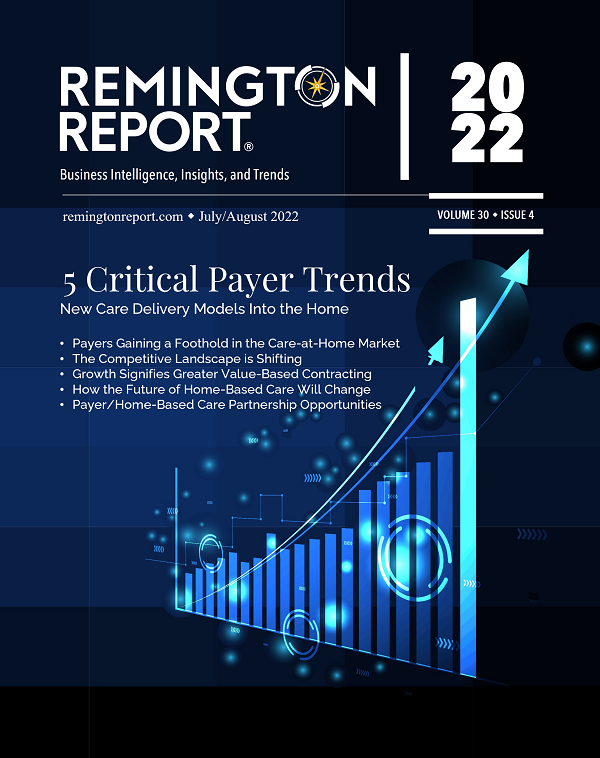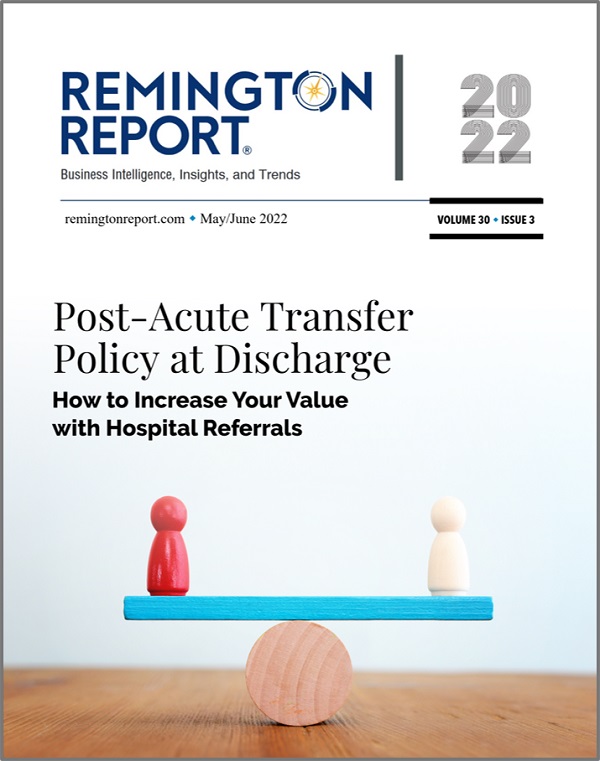You May Be Responsible if You Knew or Should Have Known
Case managers/discharge planners continue to come under fire from fraud enforcers for violations of the federal anti-kickback statute. This statute generally prohibits anyone from either offering to give or actually giving anything to anyone in order to induce referrals. Case managers/discharge planners who violate the anti-kickback statute may be subject to criminal prosecution that could result in prison sentences, among other consequences.
Recent Case
Most recently, a U.S. District Judge in California sentenced an owner of a post-acute provider to eighteen months in prison for one count of conspiracy to commit health care fraud and one count of conspiracy to pay and receive health care kickbacks. From July of 2015 through April of 2019 the provider paid and directed others to pay kickbacks to multiple case managers/discharge planners for referrals of Medicare patients, including employees of health care facilities and employees’ spouses. Recipients of the kickbacks included a discharge planner/case manager at a hospital, and discharge planners at skilled nursing and assisted living facilities.
Payments of kickbacks resulted in over eight thousand claims to Medicare for patients referred to the provider. Medicare paid the provider at least two million dollars for services provided to patients referred in exchange for kickbacks. Because the provider obtained patient referrals by paying kickbacks, the provider should have not received any Medicare reimbursement. The discharge planners/case managers who received kickbacks from the provider also pled guilty and will be sentenced soon.
OIG Steps In
The Office of Inspector General (OIG) of the U.S. Department of Health and Human Services (HHS), the primary enforcer of fraud and abuse prohibitions, says that discharge planners/case managers and social workers cannot accept the following from providers who want referrals:
- Cash
- Cash equivalents, such as gift cards or gift certificates
- Non-cash items of more than nominal value
- Free discharge planning services that case managers/discharge planners and social workers are obligated to provide
Discharge planners/case managers and social workers provide extremely important services that are valued by many patients and their families, but their credibility and trustworthiness is destroyed when they make referrals based on kickbacks received.
Implementing Policies and Procedures
A word to managers and all the way up the chain of command to CEOs: whether or not you know when case managers/discharge planners accept kickbacks, the OIG may also hold you responsible. You may be responsible if you knew or should have known. The OIG has made it clear that your job is to monitor and to be vigilant. A good starting point is to put in place a policy and procedure requiring discharge planners/case managers to report in writing anything received from post-acute providers. Even better, how about a policy and procedure that prohibits all gifts?
Now a word to post-acute marketers: do not give kickbacks to discharge planners/case managers and social workers. It is simply untrue that you must give kickbacks in order to get referrals. The proverbial bottom line is: Do you like the color orange? Is an orange prison uniform your preferred fashion statement? Please stop now!
Copyright © 2022 Elizabeth E. Hogue, Esq. All rights reserved. No portion of this material may be reproduced in any form without permission.
Elizabeth Hogue is an attorney in private practice with extensive experience in health care. She represents clients across the U.S., including professional associations, managed care providers, hospitals, long-term care facilities, home health agencies, durable medical equipment companies, and hospices.
Other Articles You Might Enjoy
Private Duty Home Care in Fraud Enforcers’ Crosshairs
May/June 2024 Issue
SUBSCRIBER CONTENT Personal care private duty agencies, it's crucial to recognize that fraud and abuse enforcement aren't exclusive to services covered by the Medicare Program. In fiscal year 2023 alone, there were 279 criminal convictions associated with private duty home care services. It's vital to understand the implications.
Enforcers Target Discharge Planners/Case Managers Yet Again
March/April 2024 Issue
SUBSCRIBER CONTENT Case managers or discharge planners found in violation of the anti-kickback statute may face criminal prosecution, potentially leading to prison sentences and other repercussions. If you were aware or should have been aware, you may bear responsibility. Attorney Elizabeth Hogue provides detailed explanations of these implications.
Patients’ Right to Freedom of Choice of Providers
March/April 2024 Issue
SUBSCRIBER CONTENT Patients possess the right to select their care
providers, and this choice is reinforced through various avenues embedded in policies and regulations. Attorney Elizabeth Hogue explains the key touchpoints.






